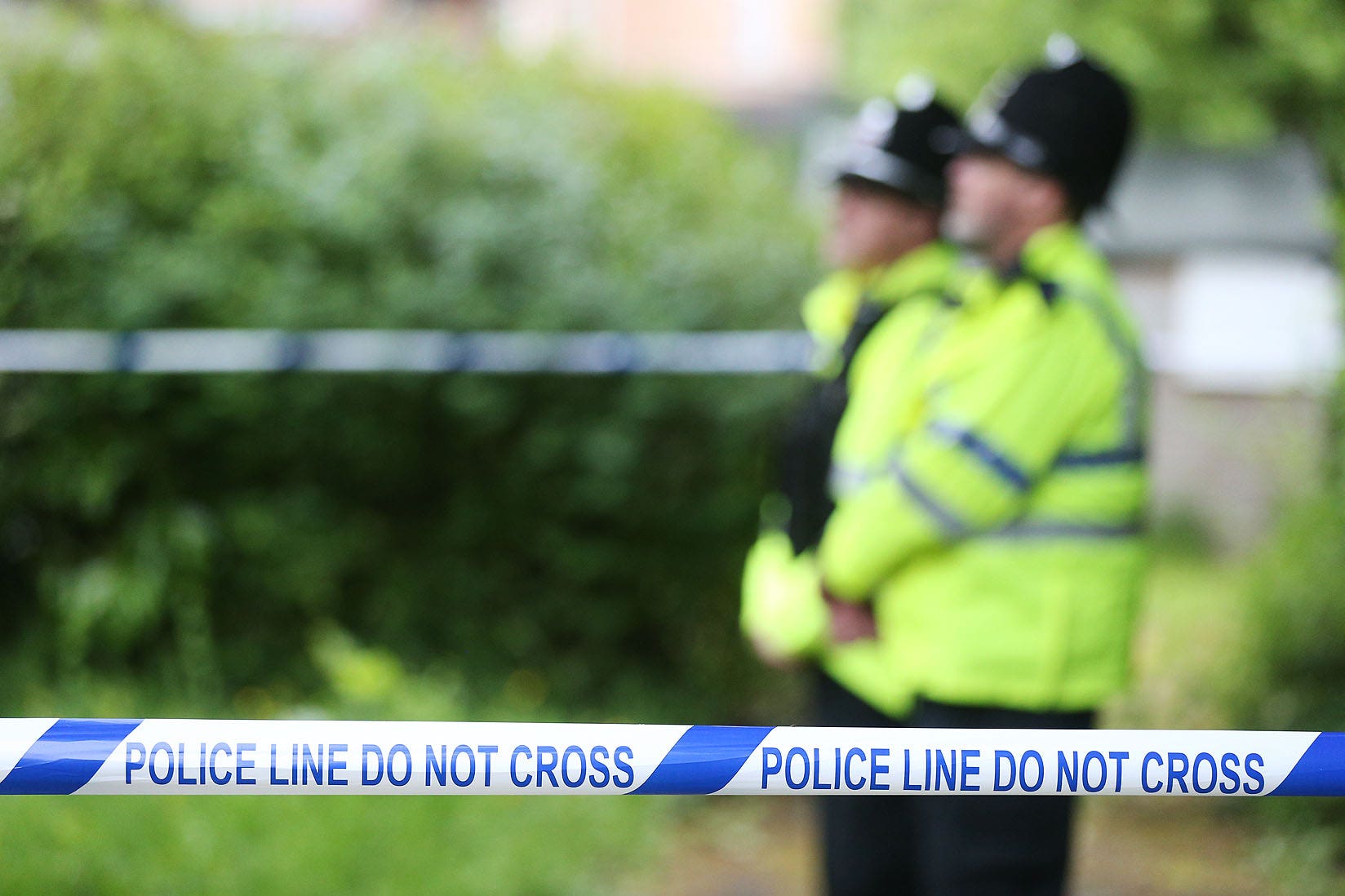Anti-social behaviour crackdown: Two years in jail for ‘respect orders’ breach
As well as a prison sentence, courts could hand out unlimited fines, the Home Office said.

Hooligans who wreak havoc in towns and neighbourhoods could face up to two years in jail for breaching so-called respect orders launched in a bid to crack down on anti-social behaviour.
Failing to comply with the orders – set out in Labour’s election manifesto as part of the party’s promise to “return law and order to our streets” – will be a criminal offence.
As well as a prison sentence, courts could hand out unlimited fines and order those who flout the rules to carry out unpaid work or abide by a curfew, the Home Office said.
Home Secretary Yvette Cooper described the orders as “a modernised version” of anti-social behaviour orders (Asbos) aimed at toughening action against repeat offenders.
The measures would make sure the “most serious offenders are dealt with before their behaviour can escalate and cause further harm”, the Government department said as Ms Cooper unveiled details on how the orders would work on Friday.
Too many town centres and neighbourhoods were being “plagued by anti-social behaviour” and this “chips away at communities’ sense of confidence and pride, undermines local businesses and can have a devastating impact on victims”, she said, adding: “This cannot be allowed to continue
“Respect orders will give police and councils the powers they need to crack down on repeated anti-social behaviour, keeping our communities safe and ensuring repeat offenders face the consequences of their actions.
“These new powers alongside thousands more neighbourhood officers and PCSOs will help this Government deliver on our mission to take back our streets.”
Police and councils will be handed powers to ban persistent offenders from town centres or from drinking in public places such as high streets and parks, with officers able to arrest anyone breaching their order.
Perpetrators could also be told to take anger management courses or attend rehabilitation treatment for drug and alcohol problems to address the causes of their behaviour under the plans.
We welcome the approach of addressing the root causes of the anti-social behaviour which will in turn work towards reducing reoffending rates, therefore bringing respite to victims and communities
Police will no longer have to issue a warning before seizing vehicles, allowing forces to tackle the “scourge of off-road bikes in parks and dangerous e-scooters on pavements, street racing and cruising” quicker as well as disperse car meets which can sometimes attract hundreds of cars and lead to “loud aggressive engine revving and intimidating music”, the Home Office said.
The move signals the return of rules similar to anti-social behaviour orders (Asbos) which were previously in force in England, Wales and Northern Ireland and are still used in Scotland.
The plans will partially replace civil injunction powers for adults so a “wider range of penalties” is available.
Asked whether the measures marked the return of the Asbo, Ms Cooper told Sky News: “This is a modernised version of Asbos, because we think we have to have stronger action on anti-social behaviour that particularly is blighting town centres.
“We’ve seen the collapse of neighbourhood policing in many of our town centres and communities, we’ve also seen the increase in things like shoplifting and street theft and also anti-social behaviour – real problems that are completely unfair on communities.
“What the respect orders would do is mean that repeat offenders could be, for example, banned from town centres, that you can put stronger restrictions in place on adults who are repeatedly causing real harassment and havoc in the community, and then make sure that you can take proper arrest action.”
She added: “The Conservatives weakened the powers that were available for action on anti-social behaviour. We’re strengthening the powers, and also were putting neighbourhood police back on the beat.”
Social landlords, Transport for London, Transport for Greater Manchester, West Midlands Combined Authority, the Environment Agency and Natural Resources Wales, and the NHS Counter Fraud Authority are among other public bodies allowed to apply for respect orders.
According to officials, the measures are set to be introduced to Parliament as part of a Crime and Policing Bill, with a trial planned if the law comes into force to make sure they are “as effective as possible” before the rules are put in place across England and Wales.
Existing laws will be changed so police officers have the power to seize nuisance vehicles without having to warn the offender first.
Respect orders will give the police and councils the ability to crack down on those who persistently make our streets and public spaces feel unsafe
Harvinder Saimbhi, chief executive of victim support charity ASB Help, said: “We welcome the approach of addressing the root causes of the anti-social behaviour which will in turn work towards reducing reoffending rates, therefore bringing respite to victims and communities. We are keen to see how the respect orders will be implemented.”
Last month a watchdog said police “must and can do better” in cracking down on anti-social behaviour.
Inspector of Constabulary Lee Freeman called for a “renewed focus” on staffing neighbourhood police teams, who are often the first to deal with such incidents.
Most police forces in England and Wales need to improve the way they identify, record and respond to anti-social behaviour, as well as how they protect victims, his inspection report said.
In the year to September 2023, about one million anti-social behaviour incidents were reported to the police.
Deputy Chief Constable Andy Prophet, who leads the National Police Chiefs’ Council’s work on anti-social behaviour, said: “Respect orders will give the police and councils the ability to crack down on those who persistently make our streets and public spaces feel unsafe.”
Bookmark popover
Removed from bookmarks